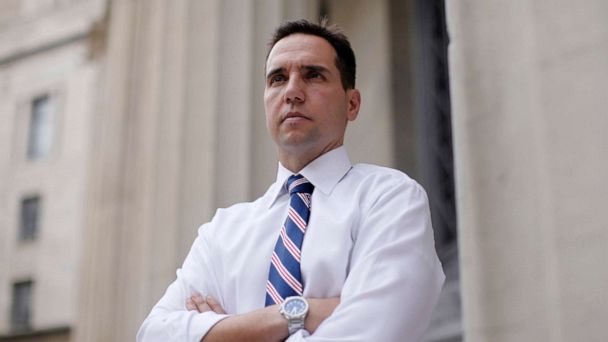knowledge

Researchers say they’ve been able to measure recovery from treatment-resistant depression through brain scans — a crucial step toward quantifying the impact of therapies on a condition whose progress is notoriously difficult to measure objectively. And that’s thanks to generative AI, they say.
In a small study published Wednesday — just 10 people with severe, treatment-resistant depression receiving deep brain stimulation therapy — researchers used the electrodes to record brain activity and later fed the scans into a homegrown artificial intelligence system that analyzed them for patterns. They found that it was possible to track patients’ recovery through changes in brain cells’ electrical activity.
advertisement
Finding so-called biomarkers, or objective measurements reflecting depression, could help diagnose depression, track its progression, predict a relapse, and better tailor therapies to individual patients. But finding those metrics has been difficult, partly because depression’s biological impact isn’t well understood.

Get unlimited access to award-winning journalism and exclusive events.
Subscribe Log InNext article: Wildfire smoke exposes gaps in outdoor worker protections









